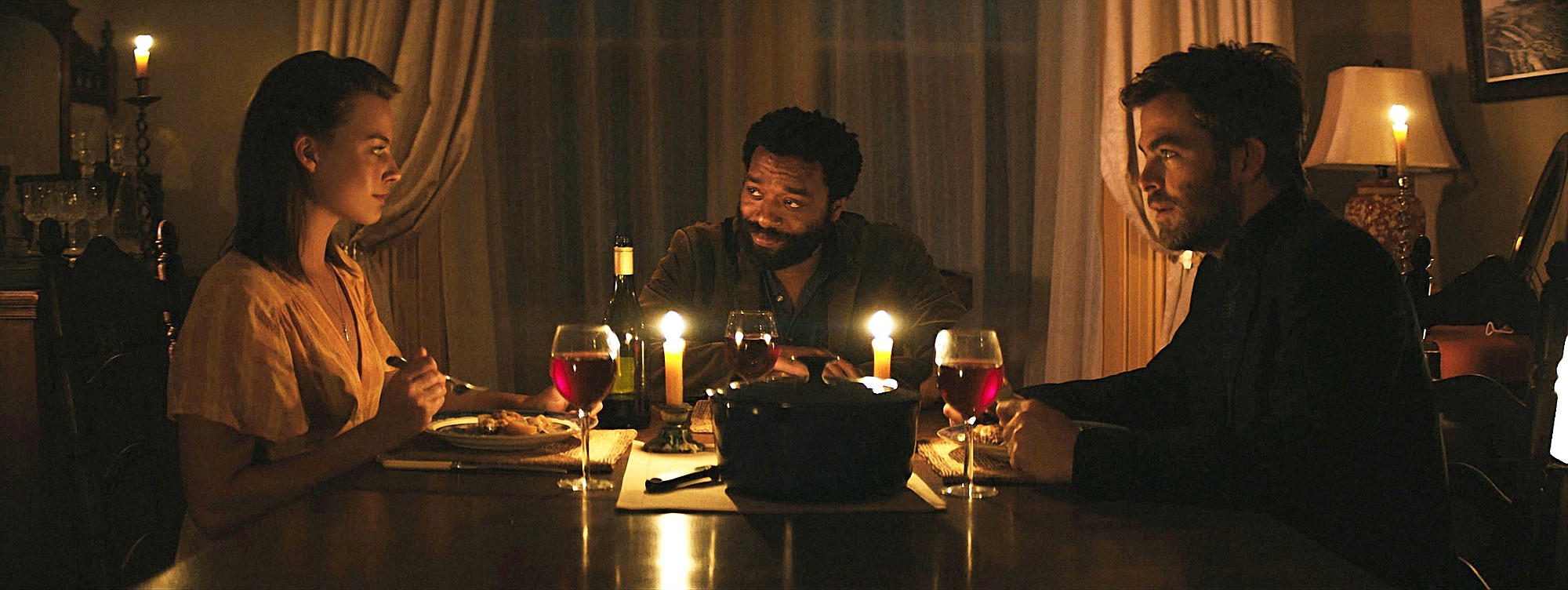There are so many movies and TV series about surviving in a post-apocalyptic world that, at first glance, “Z For Zachariah” seems more of the same. In fact, the story — two men and one woman who somehow live through the cataclysm that has killed everyone else — is reminiscent of the 1985 cult film “The Quiet Earth.”
But director Craig Zobel, who delivered one of 2012’s best films with “Compliance,” has something more contemplative in mind than the usual end-times bloodlust. “Z for Zachariah” is not at all concerned with the panicky desperation of the newly primitive but what arises after comfort and routine have set in with this new world order.
Margot Robbie (“The Wolf of Wall Street”) is Ann, a woman who, with the exception of her dog, thinks she’s all alone, surviving on her family farm in a hidden valley that has somehow escaped the plague. Then she stumbles across an ailing scientist, Loomis (Chiwetel Ejiofor), and brings him home to recuperate. No sooner have they started to become comfortable — and perhaps something more — with each other than another survivor, a roughneck named Caleb (Chris Pine), shows up.
It’s clear from the start that this world, empty as it is, is still not big enough for the three of them as the sexual energy begins to percolate. Yet there are no fireworks here. Zobel, working from a script from Pall Grimsson and Nissar Modi, quietly and slowly ratchets up the anxiety until something has to give.



